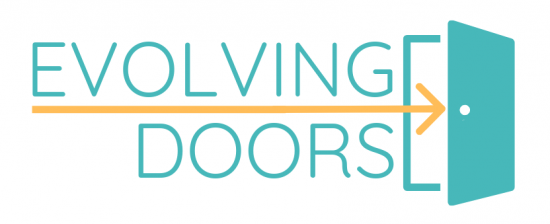Managing Addictions
Evolving Doors

Increasing access to OAT (Opioid Agonist Treatment) for patients in Central and North Vancouver Island
What is informing our approach?
Limited knowledge about local pharmacies and prescribers (let alone support services and other resources) by primary care providers in other communities places continuity of care for a patient at risk.
The autonomous nature of many Family Practice clinics has meant historically it has been challenging to create a unifying structure for primary care OAT prescribers. The Divisions of Family Practice are uniquely placed to support delivery of a joined up model of care for family physicians and other primary care prescribers. The relationships developed in each community will provide a linchpin for a collaborative approach to providing a community of practice.
There are innovative solutions to address resource constraints in many communities. These have a greater chance of being spread and sustained if there is a mechanism developed to support options for opioid patients to access the best chance of treatment and recovery
What will success look like?
Enhanced access for patients requiring OAT: In our vision, an increased number of OAT prescribers in every Central/North Island community will facilitate swift access to OAT for patients across the spectrum of potential contact points, e.g. Emergency care, Family Physician, Rapid Access Clinics.
Continuity of Treatment: Patients travelling between communities on Vancouver Island will be able to access prescribers and appropriate treatment without interrupting their treatment regimen. Instead of struggling to find prescribers and pharmacies in
other Central/North Island locations, Physicians and other prescribers will be able to swiftly identify prescribing colleagues and resources in communities across the region. Supported by simplified communication conduits and improved continuity of care and treatment, the risk of relapse for patients will be reduced.
Adoption of OAT prescribing as a new norm for Family Physicians: Developing a peer-prescribers support network will help normalise OAT prescribing so that it becomes a regular part of the Family Physician repertoire of skills. Dispelling negative perceptions though experiential practice and support will allow Family Physicians to provide addictions patients the same ease of access for Addictions treatment as for other chronic diseases e.g. Diabetes; COPD etc.
Please click here for more information about the Evolving Doors project.
Addictions E-Mentor Initiative
The Shared Care Substance Use Project Team is excited to announce the launch of the Addictions E-Mentor Initiative. Nanaimo physicians specializing in addictions are pleased to offer support to their family physician colleagues who have addictions related questions or who may be new to/have an interest in prescribing suboxone.
The service is a dedicated helpline to which physicians can text addictions related questions. A mentor will respond via telephone within four hours.
Below is a three-minute video detailing the E-Mentor service and how to use it.
Please click here for a printable information page about the Addictions E-Mentor Initiative.
Interested in becoming an E-Mentor? Please click here for details.
Beccy Robson, Project Manager
If you would like to be involved with any of the projects outlined above please contact: info@nanaimodivision.ca


